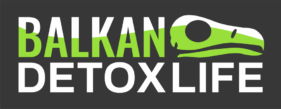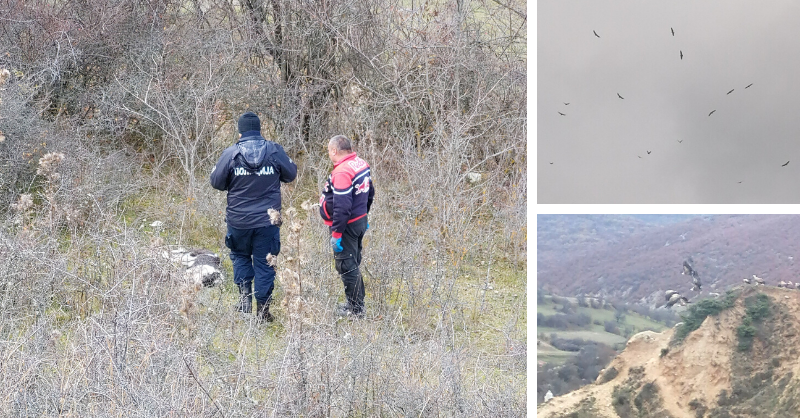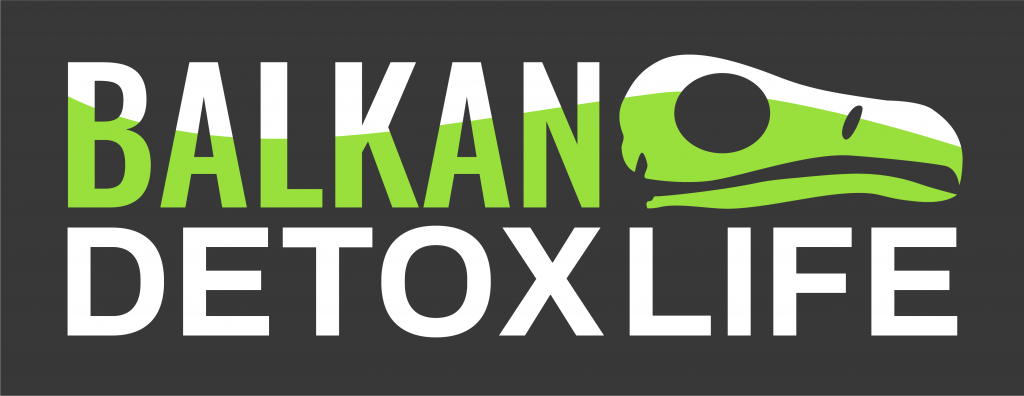A recent poisoning incident involving many dogs in the Republic of North Macedonia put the local Griffon Vulture population in imminent danger. The good news is that swift and appropriate action prevented this potential disaster. The local partners of the BalkanDetox LIFE project, the Macedonian Ecological Society (MES), worked together with the relevant authorities and handled the incident accordingly, which saved the lives of 18 Griffon Vultures scavenging in the area.
Poisoning incident detected in a biodiversity hotspot
A couple of weeks ago, MES received a call concerning a massive poisoning of dogs in the village Vitolishte, located in the region Mariovo. With the possibility that the poison was still present and accessible, this presented a serious threat to the people of the village as well as the surrounding wildlife. Mariovo’s biodiversity is exceptionally rich and was under threat – not only do such poisoning incidents affect domestic animals, but they also pose adverse repercussions to wildlife.
MES took immediate action. After receiving the news, they contacted the authorities, kicking off the coordination began for the investigation into the event as well as the non-harmful removal of the poisoned dogs. In the meantime, the situation became much more serious as they learned that two Griffon Vultures constantly monitored with GPS transmitters were preparing to land in the area where the poison was located. The two vultures are part of the ongoing BalkanDetox LIFE project’s innovative initiative to track poisoning incidents, save poisoned wildlife and prosecute wildlife criminals by tagging and intensively monitoring all Griffon Vulture colonies in the Balkans.
Swift action prevents mass poisoning of 18 Griffon Vultures
Since Griffon Vultures are considered to be social birds and often fly in flocks, the realistic number of vultures in the area was suspected to be higher than two. If the Griffon Vultures reached the poisoned animals, it could wipe out the species from North Macedonia. MES contacted the local border police and informed them of the potential catastrophe. They soon sent out a team to the location where the Griffon Vultures landed to drive them away before they could have the chance to feed on the poisoned animals. After one hour of trying, the police were successful in their efforts and the 18 vultures in the vicinity of the area left without coming in contact with the poisoned carcasses.
On the same day, a team from MES arrived in Vitolishte with the aim to ensure that there would be no further poisoning in the area. With support from the municipality of Prilep, the next day an inspection team from the Ministry of Interior Affairs and a communal inspector arrived in Vitolishte to conduct an investigation into the event and ensure that appropriate measures were taken to clear up the case. They carried out a field inspection around the area and, fortunately, did not find poisoned wildlife. They further informed the public prosecutor of the event, and hopefully, an adequate investigation led by the authorities will follow.
Illegal Wildlife Poisoning remains vultures’ biggest threat
Illegal wildlife poisoning continues to be the biggest threat to the survival of vultures in North Macedonia and throughout the Balkan Peninsula. In fact, a study estimated that within the last 20 years, 2,300 vultures have died as a result of poisoning in the Balkans. As a consequence of this illegal practice, both the Bearded Vulture and the Cinereous Vulture became extinct in North Macedonia. Additionally, the use of poison has led to the decline of the Egyptian Vulture and Griffon Vulture populations to just a couple of nesting pairs. According to MES’ last census, only 24 Griffon Vultures were present in North Macedonia. Essentially this means that if actions were not taken as fast as they were during the recent poisoning incident, their population could have been depleted beyond repair.
The BalkanDetox LIFE project plays an important role in the fight against wildlife poisoning in the region as it strengthens national capacities and raises awareness about the problem across Albania, Bosnia and Herzegovina, Bulgaria, Croatia, Greece, the Republic of North Macedonia and Serbia. It is a five-year endeavour led by the Vulture Conservation Foundation with a €1.8 million budget funded from the EU’s LIFE Programme, the MAVA Foundation and Euronatur.






















